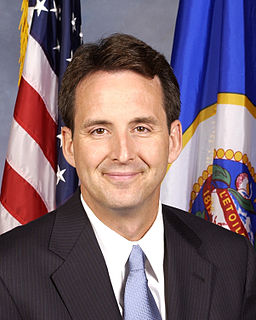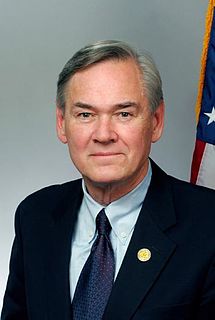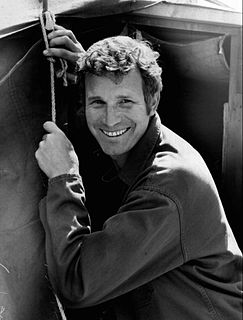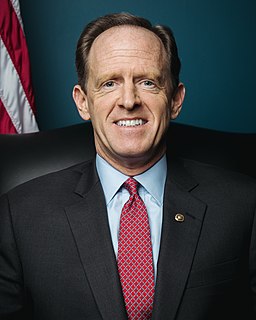A Quote by Tim Pawlenty
The reason that the unions and the other stakeholders have not cut a deal with the automakers is because they believe the federal government is going to bail them out.
Quote Topics
Related Quotes
I want to say something, and it may sound harsh, not to you, but to the American people. In a sense, in my view, the business model of Wall Street is fraud. It's fraud. I believe that corruption is rampant, and the fact that major bank after major bank has reached multi billion dollar settlements with the United States government when we have a weak regulator system tells me that not only did we have to bail them out once, if we don't start breaking them up, we're going to have to bail them out again, and I do not want to see that happen.
We can't be playing around with these issues [Zika disease], because this can become very serious very quickly, as we have seen in Brazil and other countries. The funds are going to be used at the state level, but it is important for the federal government to cooperate in the federal government's role.
California will not wait for our federal government to take strong action on global warming. We won't wait for the federal government. We will move forward because we know it's the right thing to do. We will lead on this issue and we will get other western states involved. I think there's not great leadership from the federal government when it comes to protecting the environment.
It is federal, because it is the government of States united in a political union, in contradistinction to a government of individuals, that is, by what is usually called, a social compact. To express it more concisely, it is federal and not national because it is the government of a community of States, and not the government of a single State or Nation.
Since 1981, when President Ronald Reagan took office promising to scale back the federal government, Republican leaders have promised to cut regulation and taxes, and to return power to individuals to arrange their lives as they see fit. But they have never entirely managed to eradicate the New Deal government.
We have reached a moment in our history where we think that every problem in America has to have a federal government solution. Every problem in America does not have a federal government solution. In fact, most problems in America do not have a federal government solution and many of them are created by the federal government to begin with.
On the local, state and federal level, government is working alongside veteran's organizations and other stakeholders to provide services such as medical assistance, employment resources, and housing support to veterans and their dependents and survivors. But there are still gaps in services that must be rectified.






























